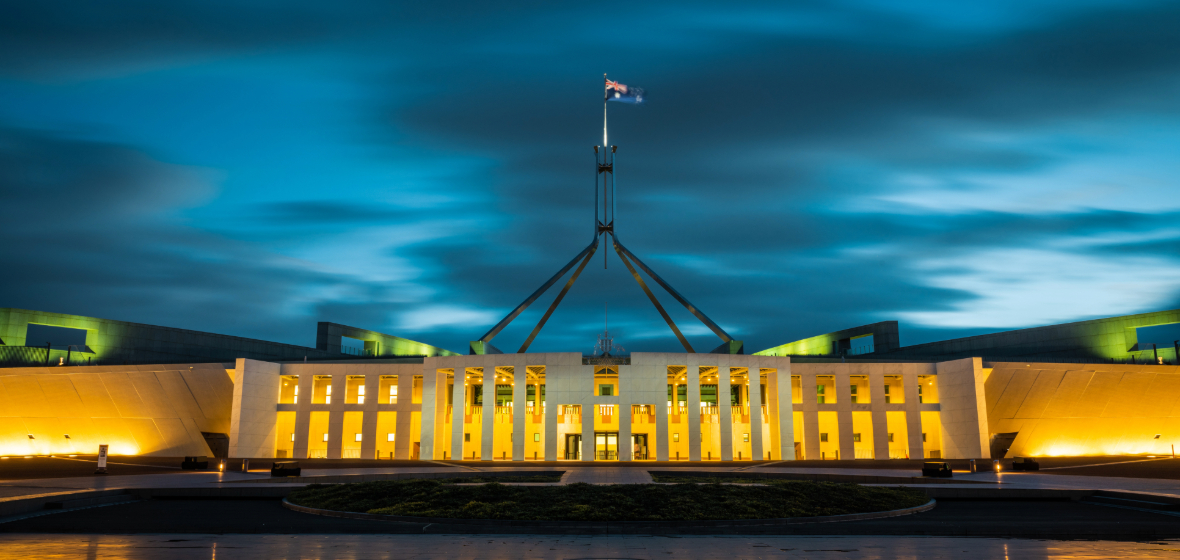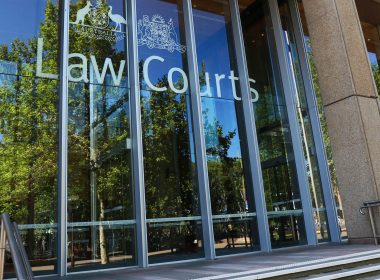An independent review of Australia’s secrecy laws has made a series of recommendations, including measures to further protect whistleblowers and journalists.
As part of the review by Independent National Security Legislation Monitor Jake Blight, media organisations and others argued the secrecy laws had a chilling effect on journalism and a free and open press.
The report recommends the repealing of one offence, which makes it a crime for individuals, including lawyers and journalists, to intentionally deal with certain information, even if it is not published. Blight describes the offence as neither necessary nor proportionate.
“Intelligence and law enforcement agencies do important work, but we must always be careful that the laws relating to these agencies do not undermine the very democracy we want them to protect,” he said.
The laws were introduced in 2018 under part 5.6 of the Criminal Code Act 1995 (Cth) and so far, there have been no prosecutions.
The review has made 15 recommendations, including removing the reliance on ‘security classification’ alone as the basis for an offence. It also suggests a narrowing of offences to focus on covert intelligence activities.
The Monitor says the proposed reforms are aimed at dealing with significant uncertainty in the secrecy laws, conflict with rule of law principles and issues with proportionality.
“[E]xcessively wide or uncertain secrecy laws can undermine trust in government and unreasonably impact the important role of a free press and civil society groups,” said Blight.
The Human Rights Law Centre (HRLC) has welcomed the review and called on the federal government to act on the proposed reforms.
It said the laws, introduced by the Turnbull Government, have criminalised whistleblowing and journalism and undermined transparency and accountability.
HRLC Senior Lawyer Kieran Pender said Australia’s secrecy landscape has become draconian. “Unnecessary and disproportionate secrecy is bad for democracy.
“There is no public interest in punishing and criminalising whistleblowers, who play a crucial role in exposing government wrongdoing,” he said.




